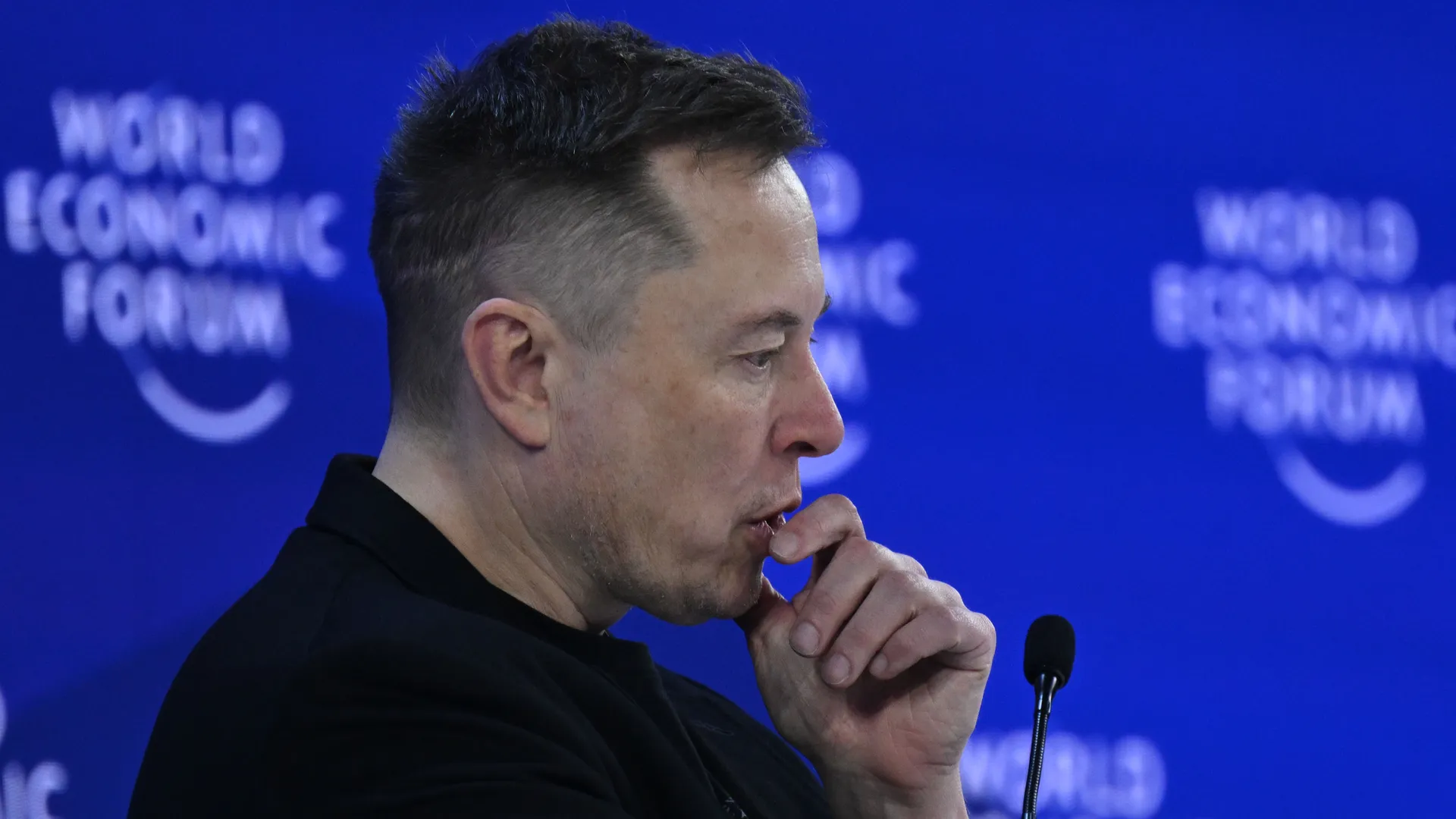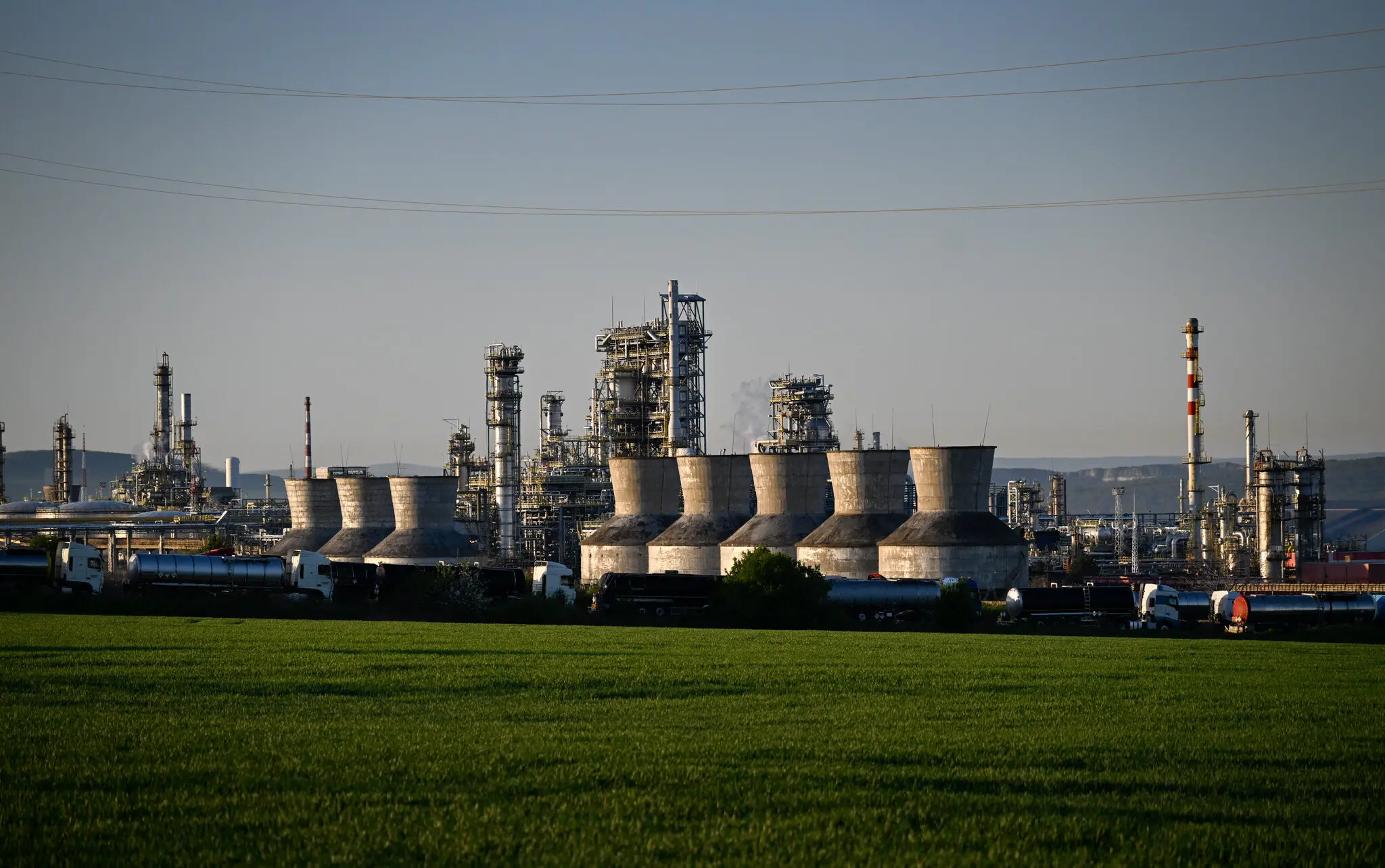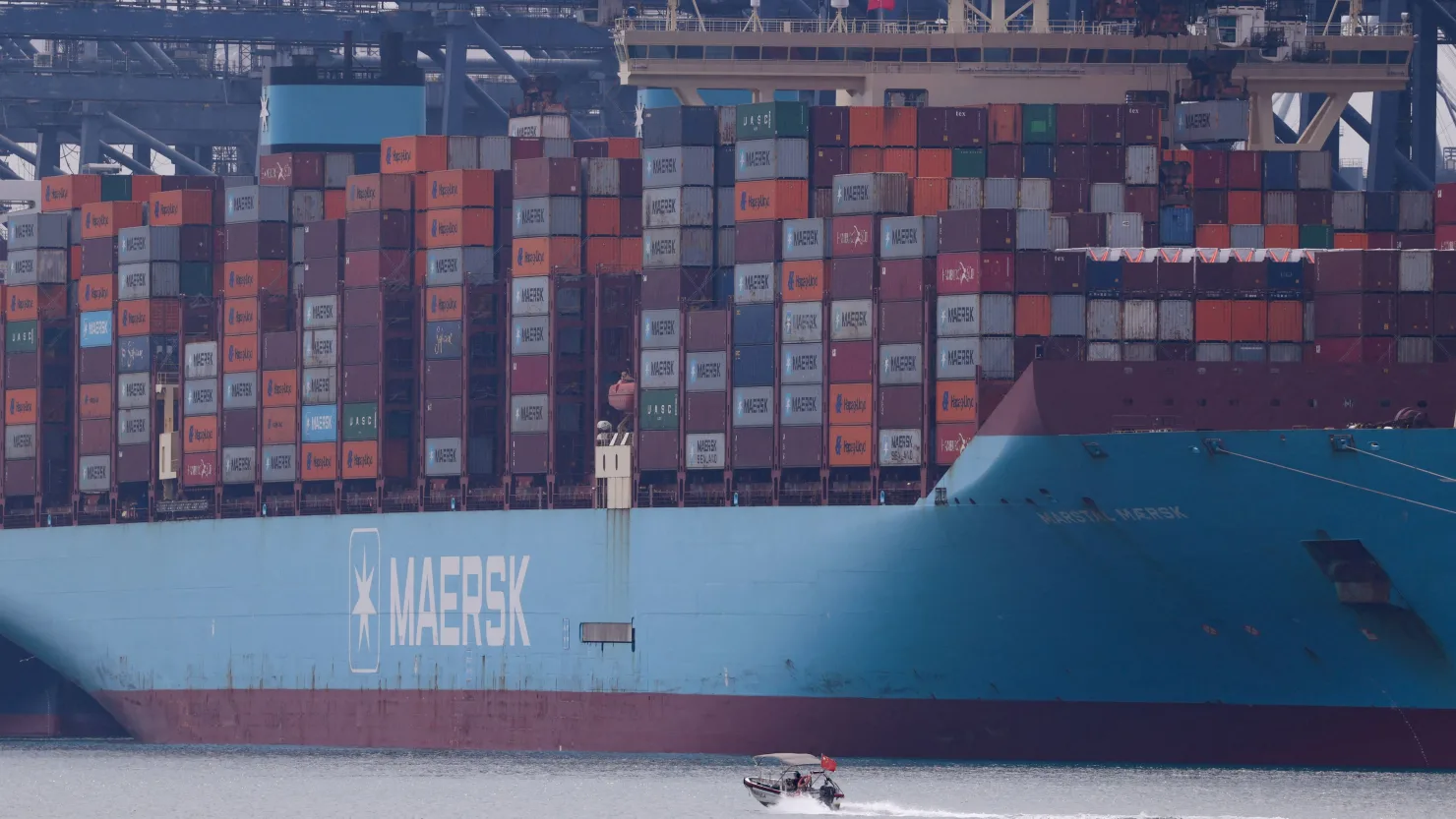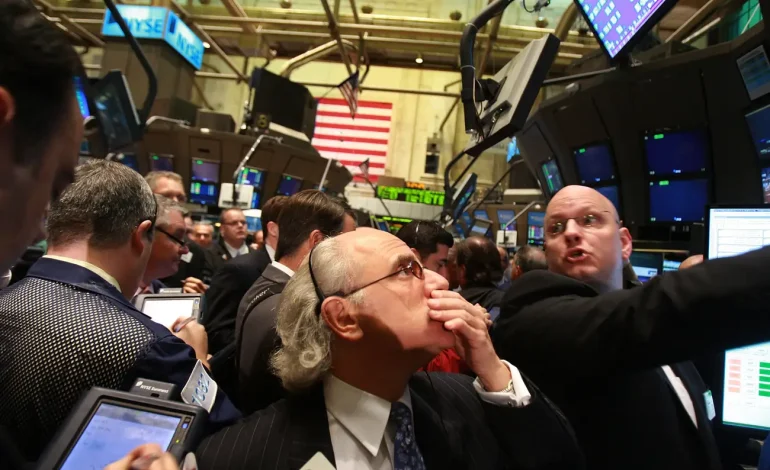JPMorgan analysts have raised the likelihood of a global recession to 60%, up from 40%, following President Donald Trump’s recent announcement of sweeping tariffs on imports, Business Insider reports.
The bank’s chief global economist, Bruce Kasman, and several other economists within the firm outlined their concerns in a research note released Thursday, warning of severe economic consequences from the new trade policies.
Trump’s “Liberation Day” tariffs, announced Wednesday, impose 10% tariffs on goods from any country imported into the US, with higher tariffs applied to 60 trading partners that maintain a persistent trade deficit with the US This includes major economies such as China, Japan, and the European Union, as well as smaller, more distant territories.
The tariffs are a significant escalation in the US trade war and come on top of existing tariffs already placed on major trade partners like Canada and Mexico. JPMorgan’s analysts warn that the impact of the tariffs will extend beyond trade relations, potentially causing long-term damage to the supply side of the economy, reducing US growth in the years to come.
Kasman and his team described the tariffs as a “functional tax increase” on US households and businesses, which will likely drive up the cost of imported goods. From basic commodities like coffee and sugar to larger items such as cars and appliances, the increase in import costs could result in higher prices for consumers. JPMorgan estimates that these tariffs could raise the average tax rate on US imports by about 22 percentage points, pushing the total rate to around 24%. This would be comparable to the largest tax hike since World War II.
The bank’s economists noted that these tariff increases, when combined with the retaliatory measures expected from other countries, could lead to disruptions in supply chains and a decline in US business sentiment. This could exacerbate the negative effects on both the US and global economies, potentially pushing them toward a recession in the near future.
The analysts emphasized that while a recession is not an inevitable outcome, the full implementation of the tariff plan represents a substantial macroeconomic shock. They expressed hope that policy changes could be implemented in the coming weeks to mitigate the impact. Still, the note suggests that if these tariffs remain in place, the risk of a global recession is significantly higher, now standing at 60%.










The latest news in your social feeds
Subscribe to our social media platforms to stay tuned